The 1619 Project
![]()
![]()
![]()
![]()
![]()
![]()
![]()
![]()
![]()
![]()
![]()
![]()

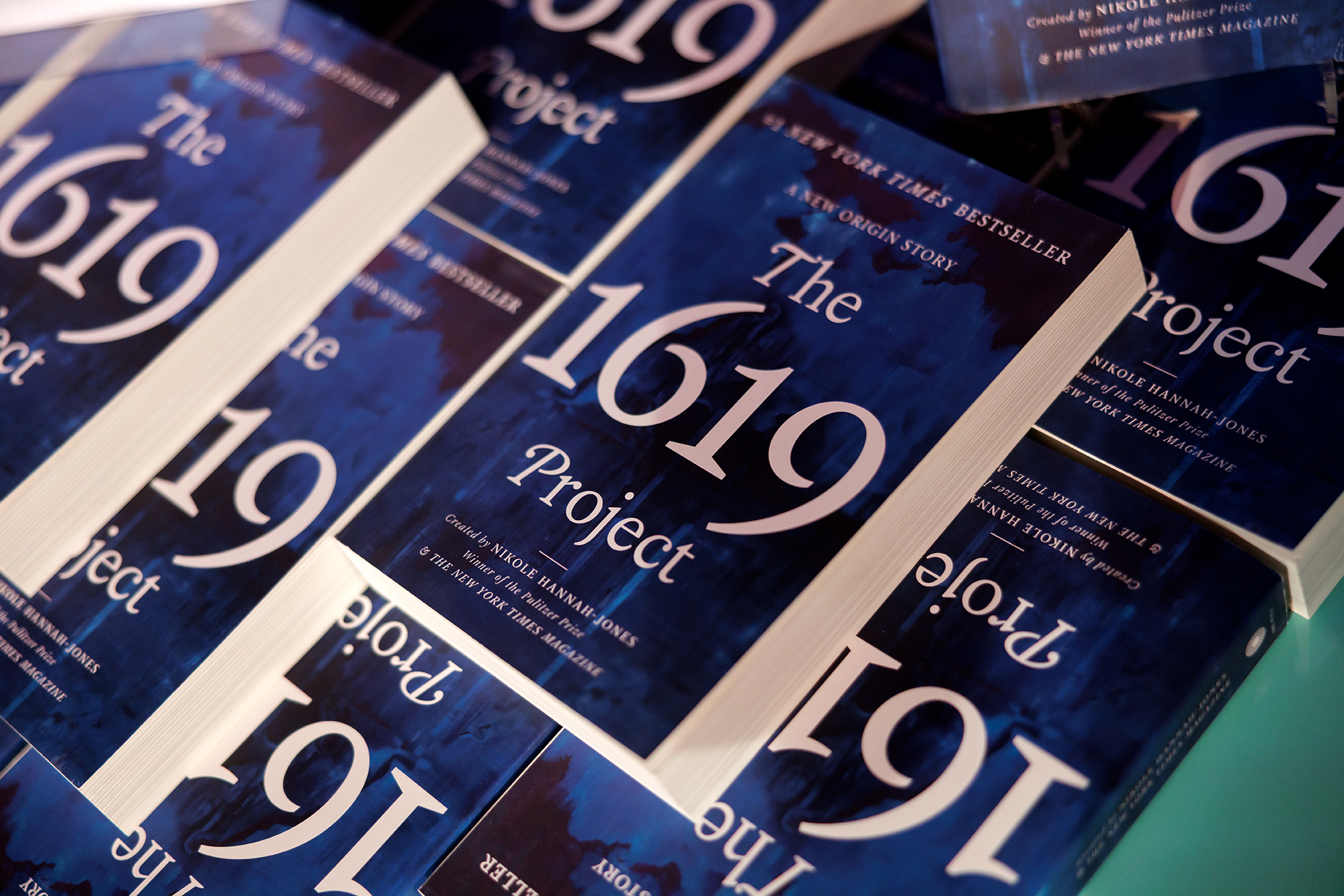

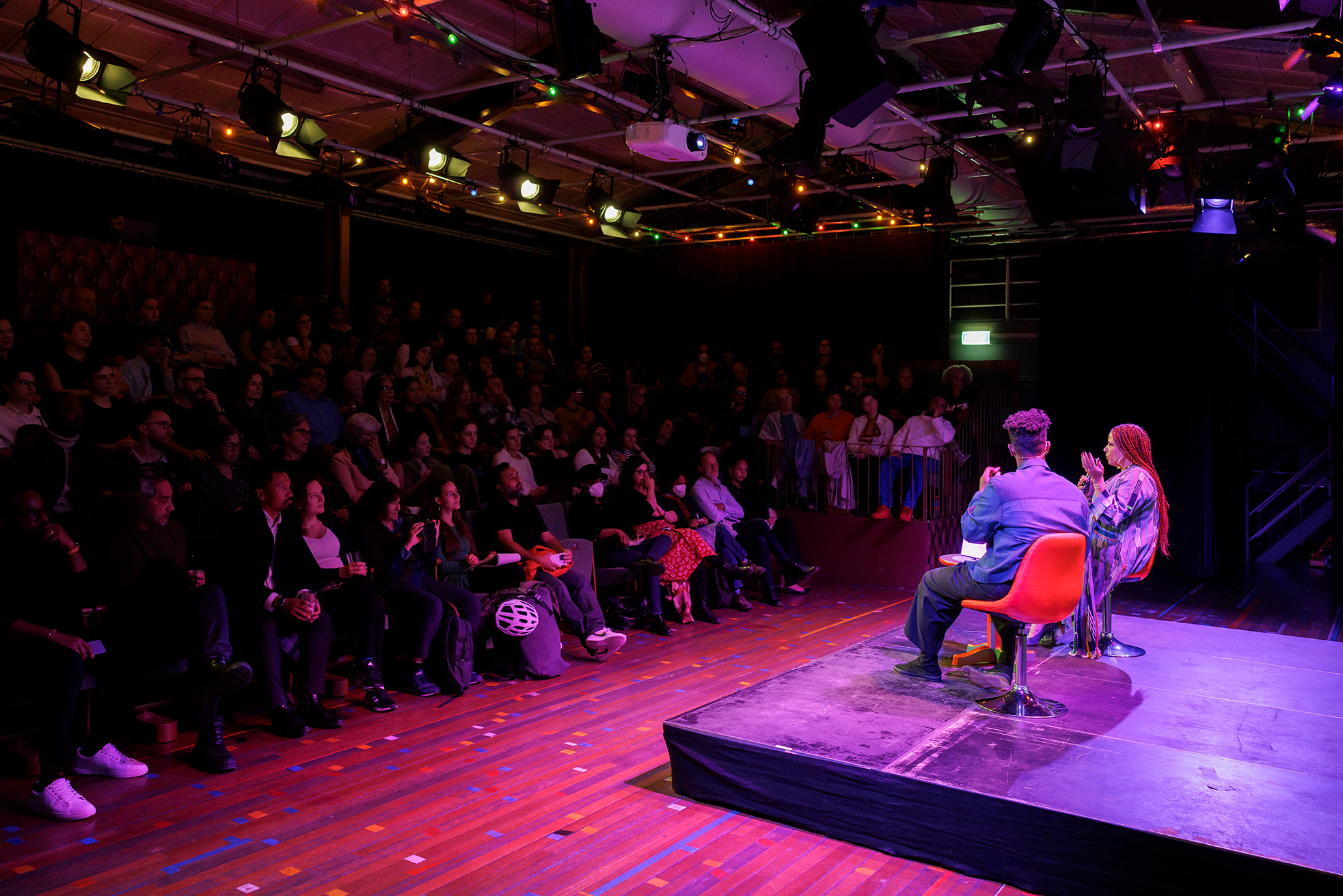
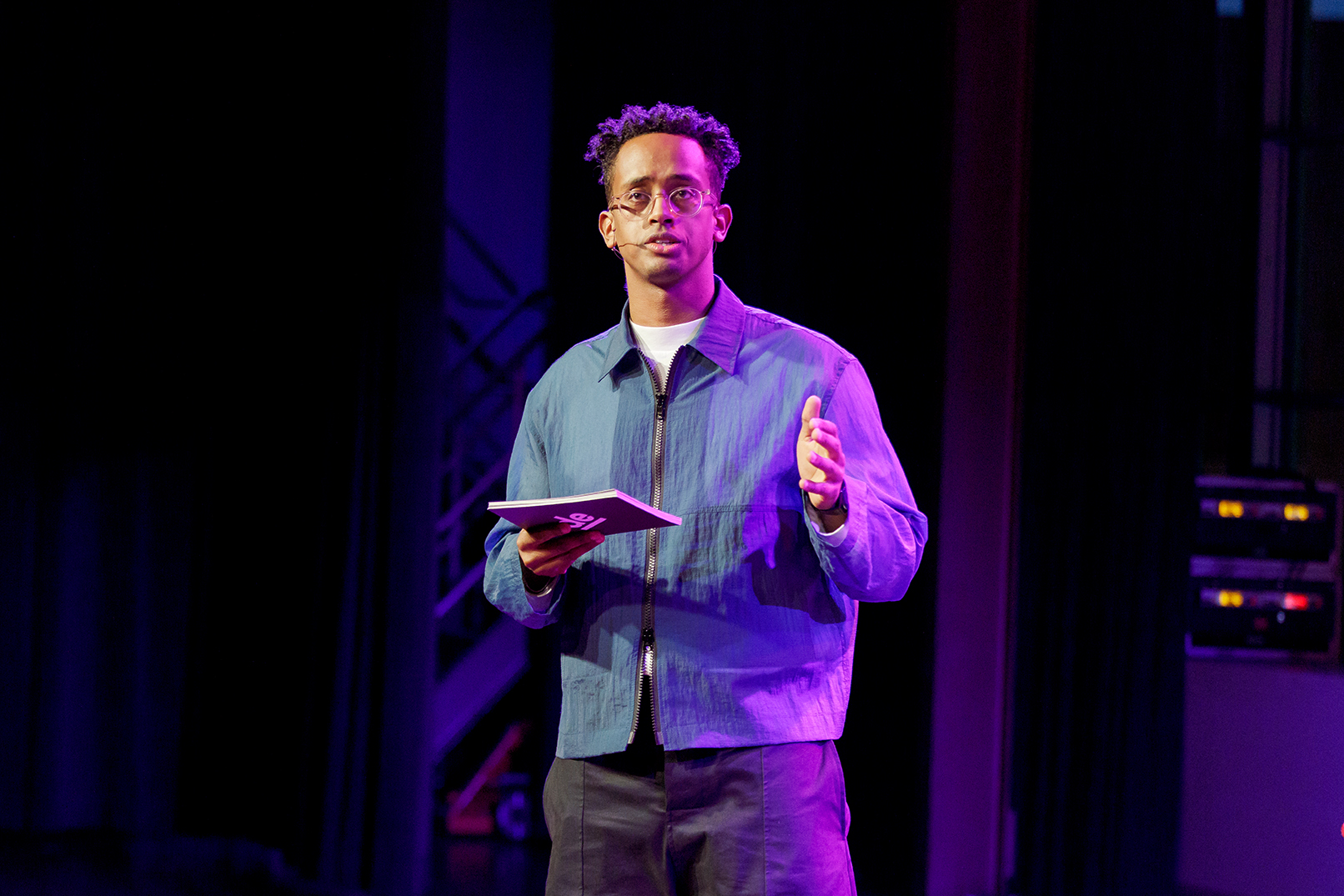
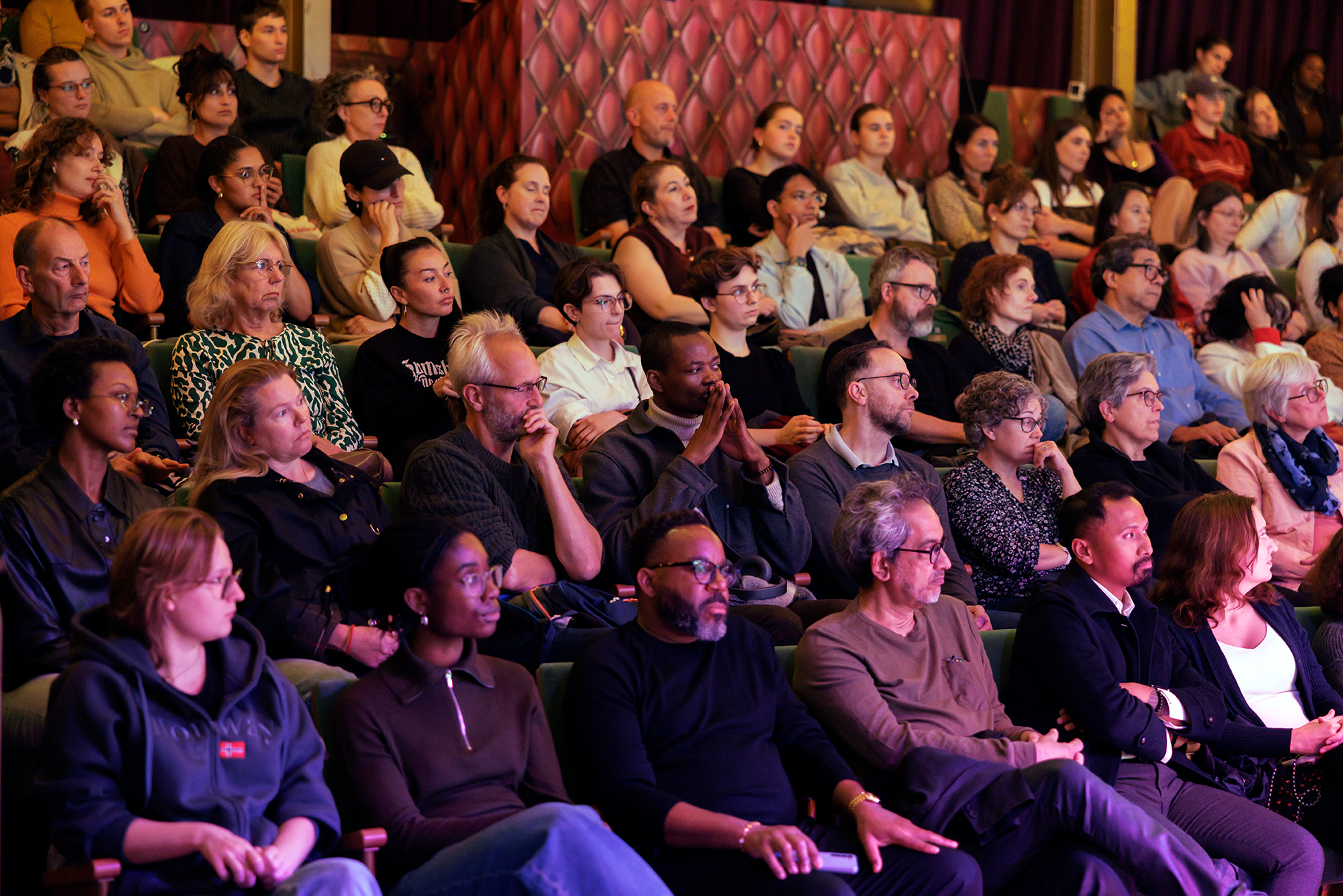
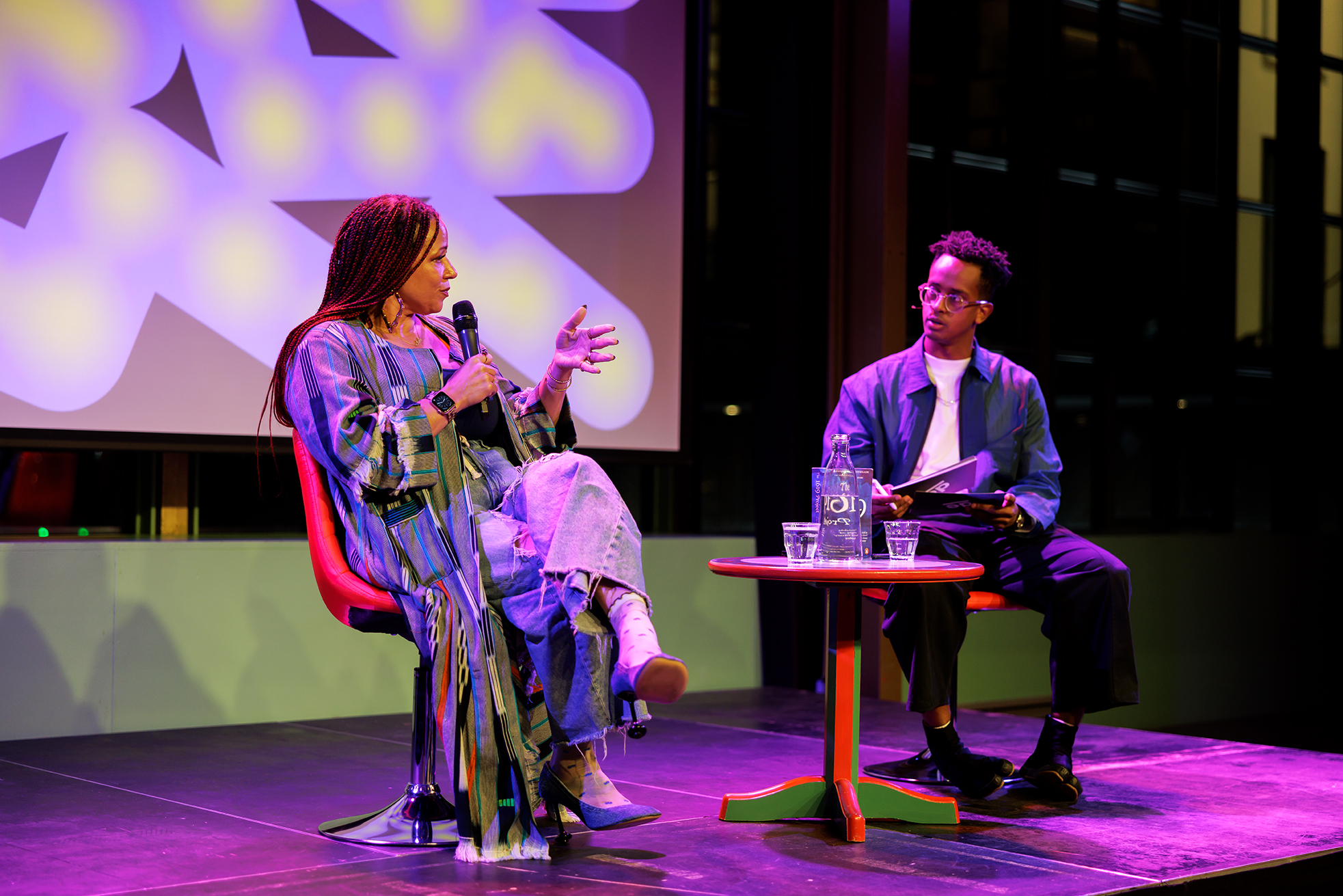
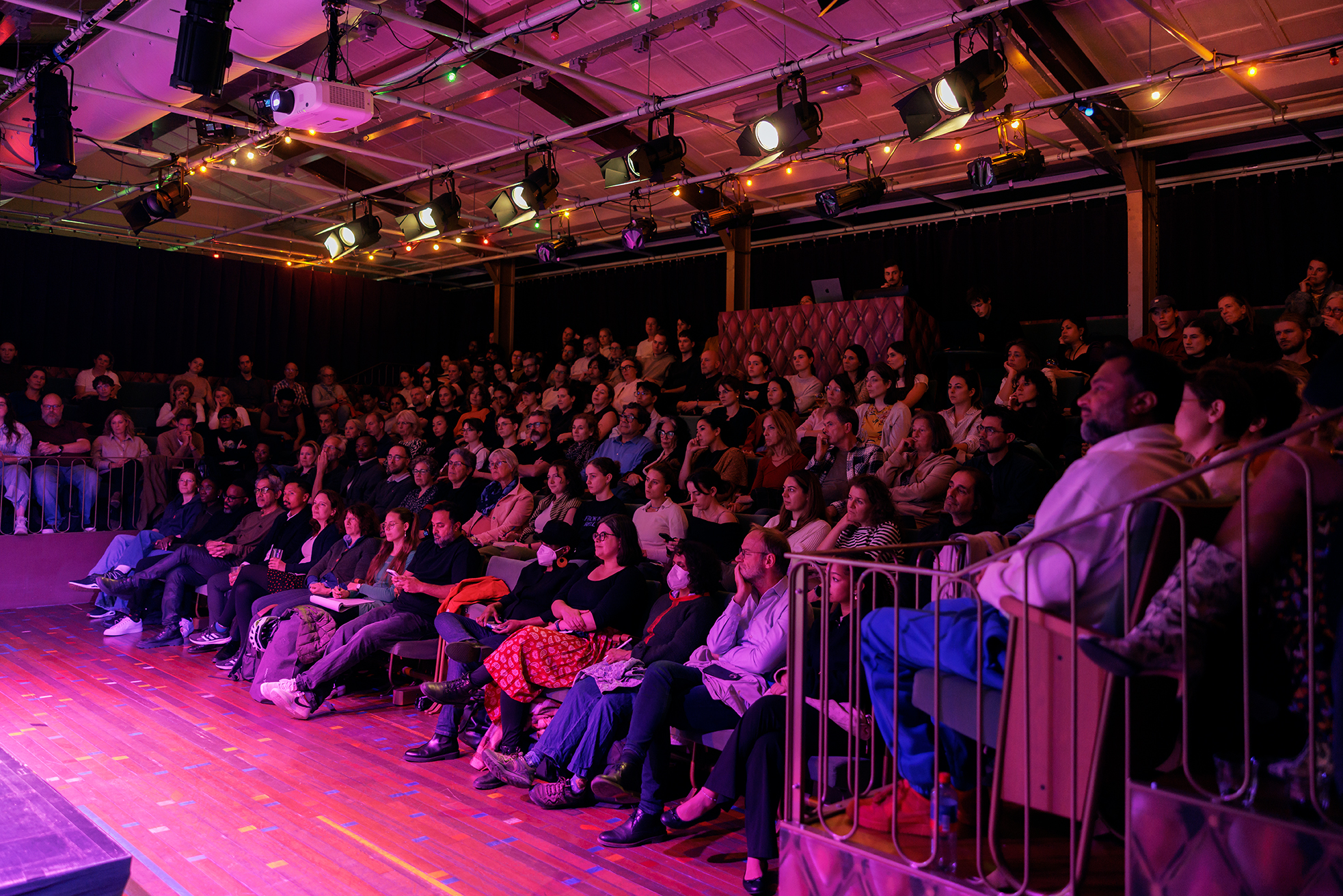
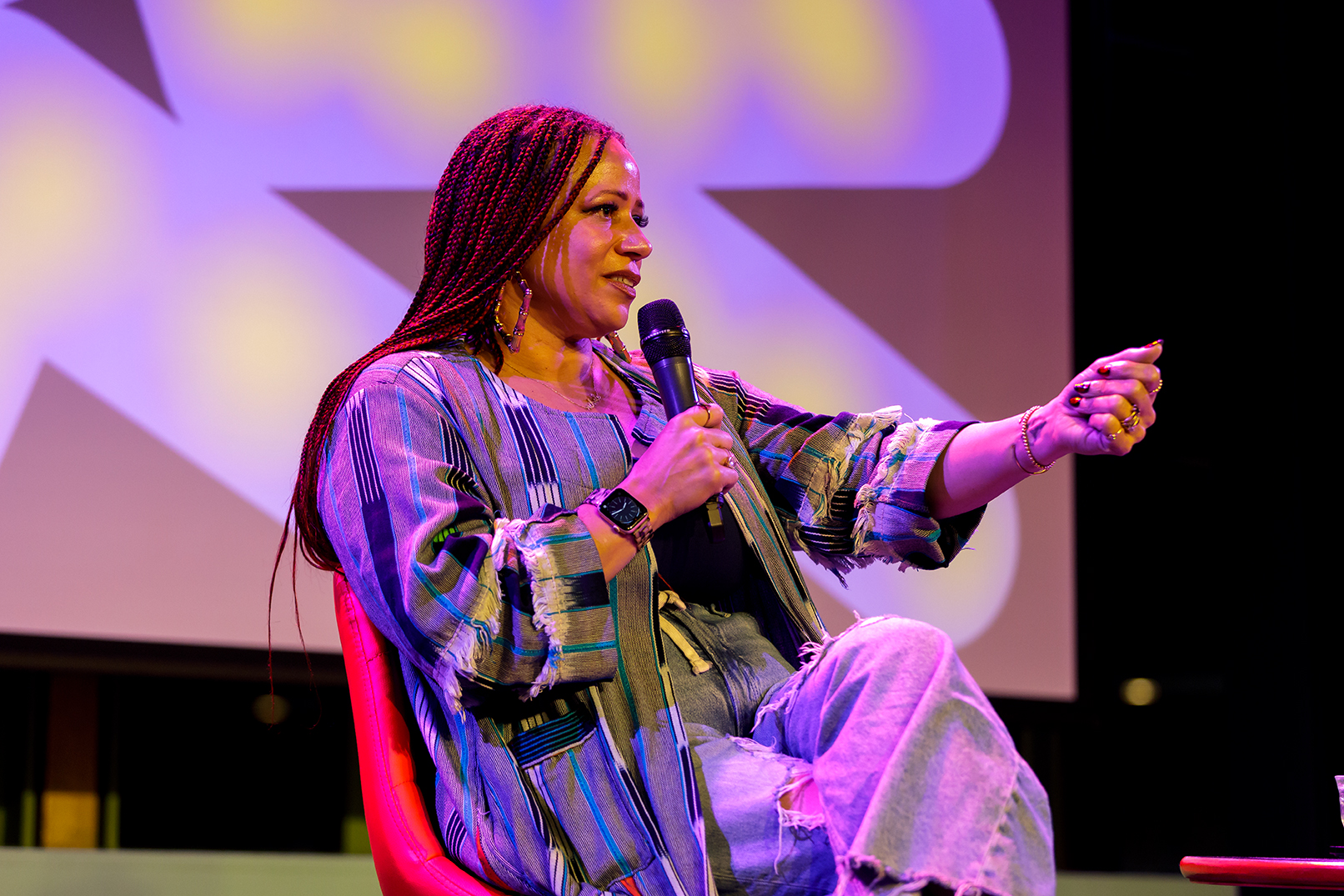



AAD HOOGENDOORN ︎
The cracks are beginning to show in the structures that make up democracies all over the world. Steadfast democratic institutions are being undermined or wholly transformed. Shifting into a strange mercurial politics. A politics rooted in historical revisionism and the death of objectivity.
At the heart of this cultural battleground is a matter of historical revisionism, the rewriting of history. These are not just conversations about “how things were”, but instead, they are much more insidious. They are attempts at rewriting a national psyche.
Following on from her critically acclaimed book, The 1619 Project, Nikole Hannah-Jones joined us to offer a powerful lens on America’s current struggles around ideas of history, collective national identity and the politics of memory.
A collaboration between Dutch platform DeDependance and The John Adams Institute we invited Pulitzer Prize winning Journalist Nikole Hannah-Jones to talk about her book The 1619 Project.
For this event, I curated and moderated the discussion in collaboration with DeDependance.
PRAISE FOR THE 1619 PROJECT
For this event, I curated and moderated the discussion in collaboration with DeDependance.
PRAISE FOR THE 1619 PROJECT
‘A wide-ranging, landmark summary of the Black experience in America: searing, rich in unfamiliar detail, exploring every aspect of slavery and its continuing legacy...Again and again, The 1619 Project brings the past into life in fresh ways...Multifaceted and often brilliant’ – The New York Times Book Review
‘A remarkable reframing of American history in which slavery and the Black experience are at the heart of the narrative’
– The Guardian
‘A remarkable reframing of American history in which slavery and the Black experience are at the heart of the narrative’
– The Guardian
Vulture Capitalism
![]()
![]()
![]()
![]()
![]()
![]()
![]()
![]()
![]()
![]()
![]()
![]()
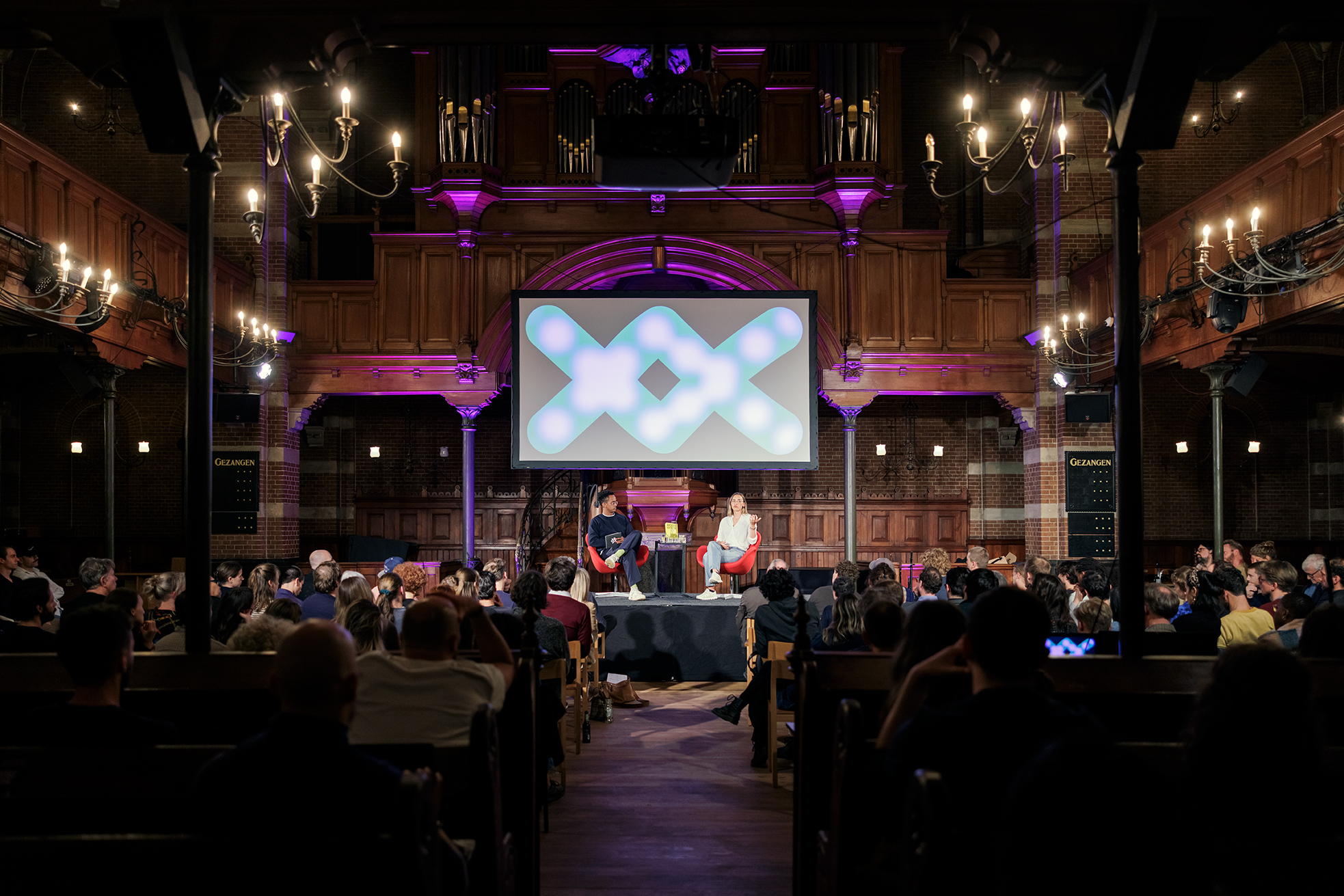





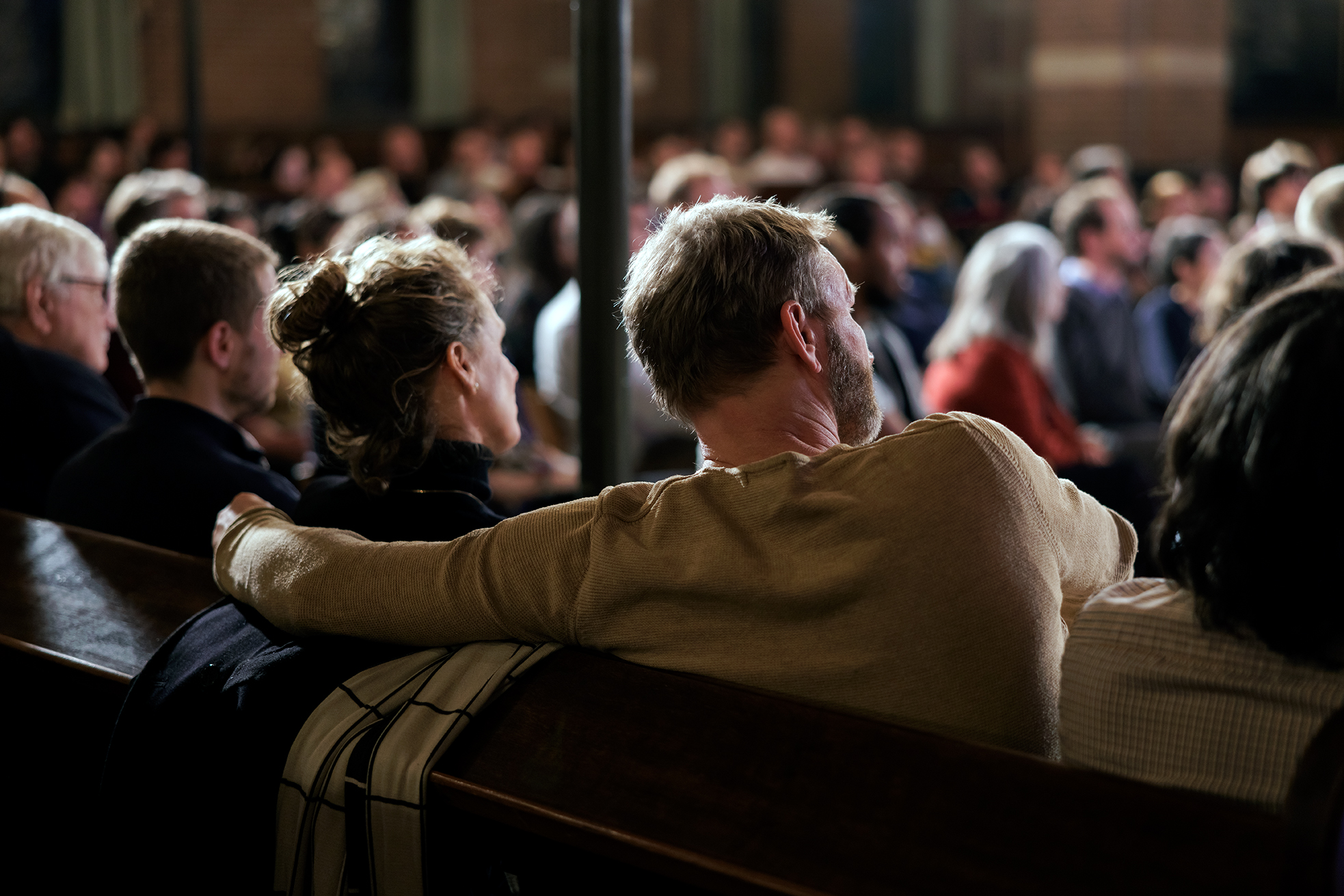
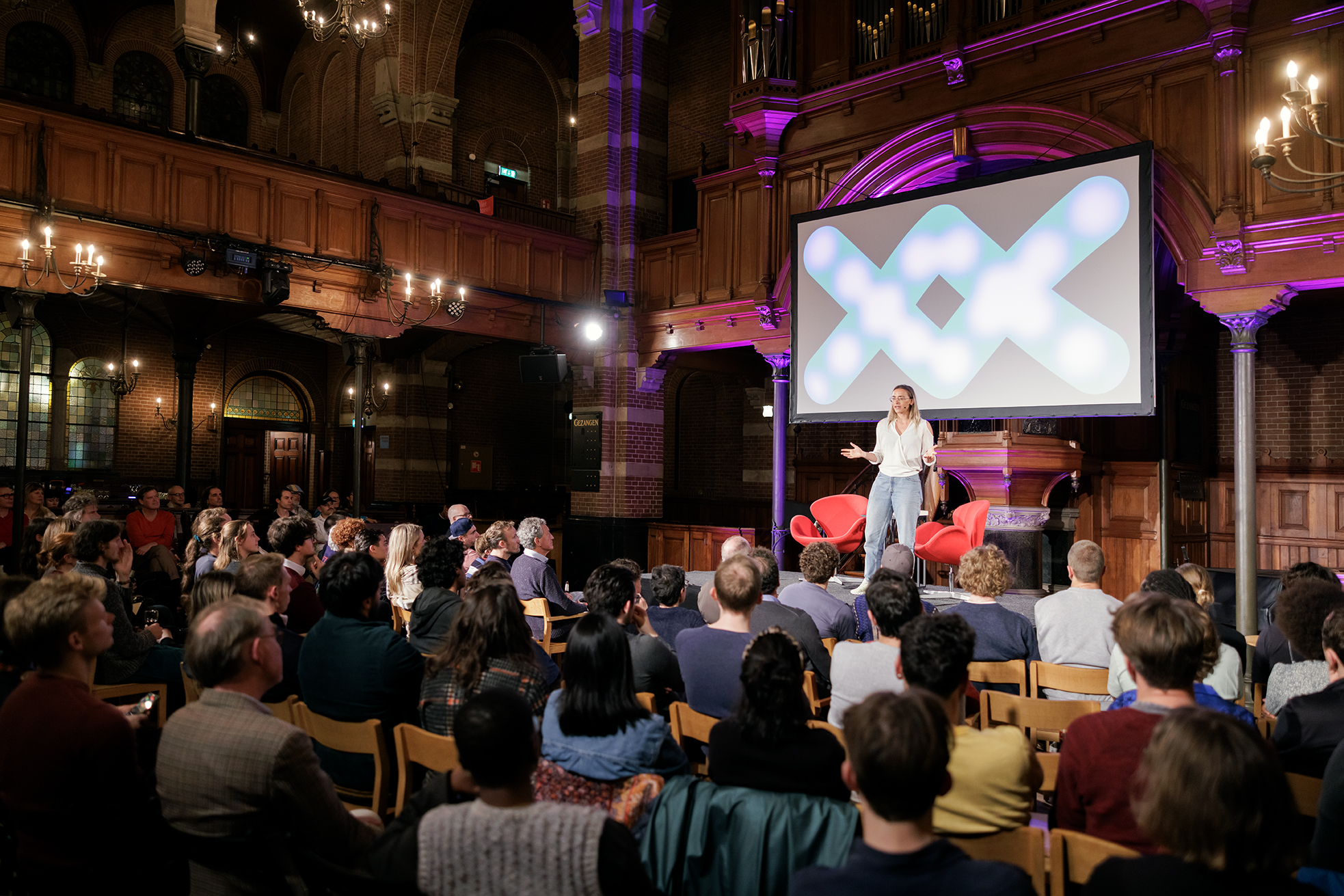
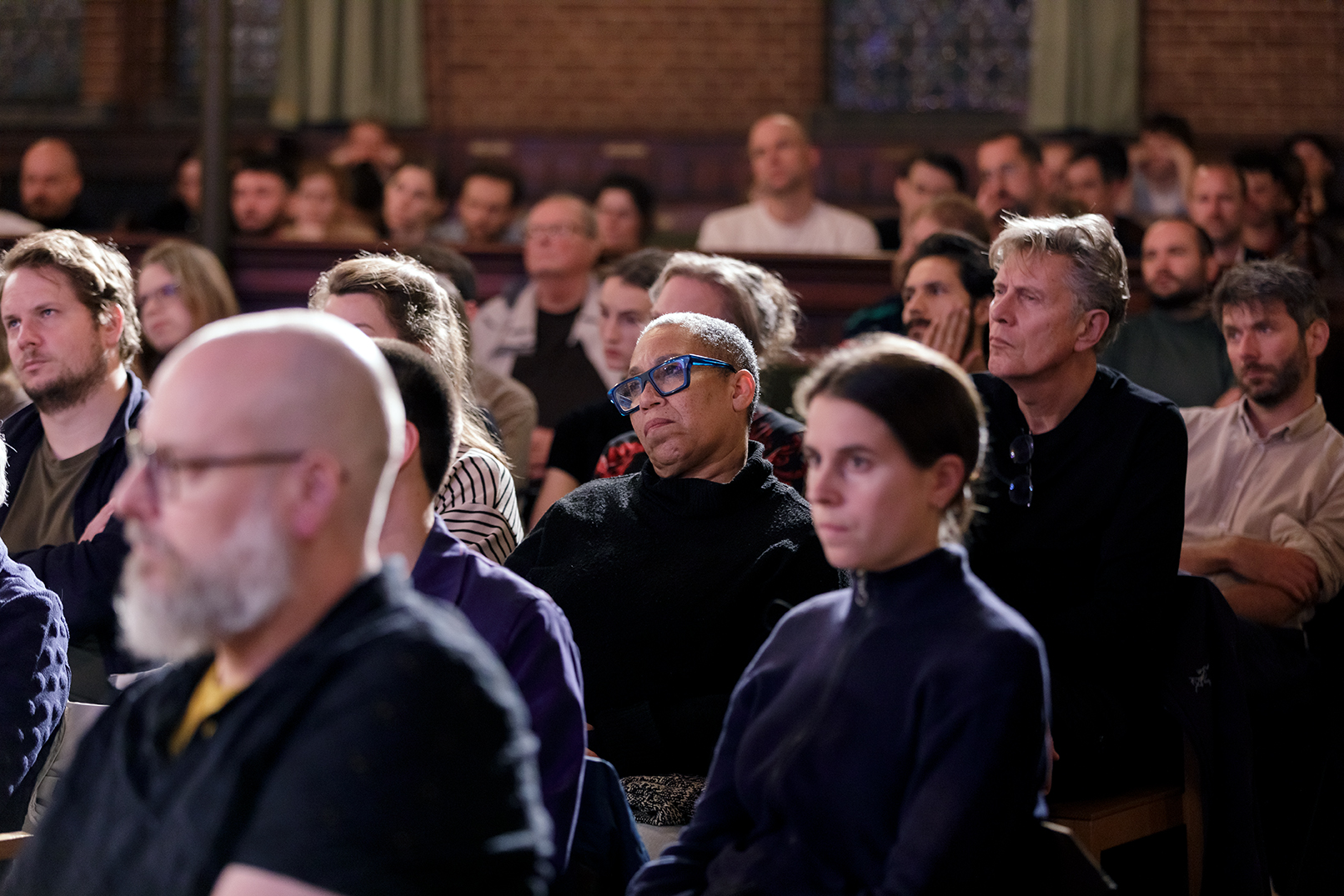
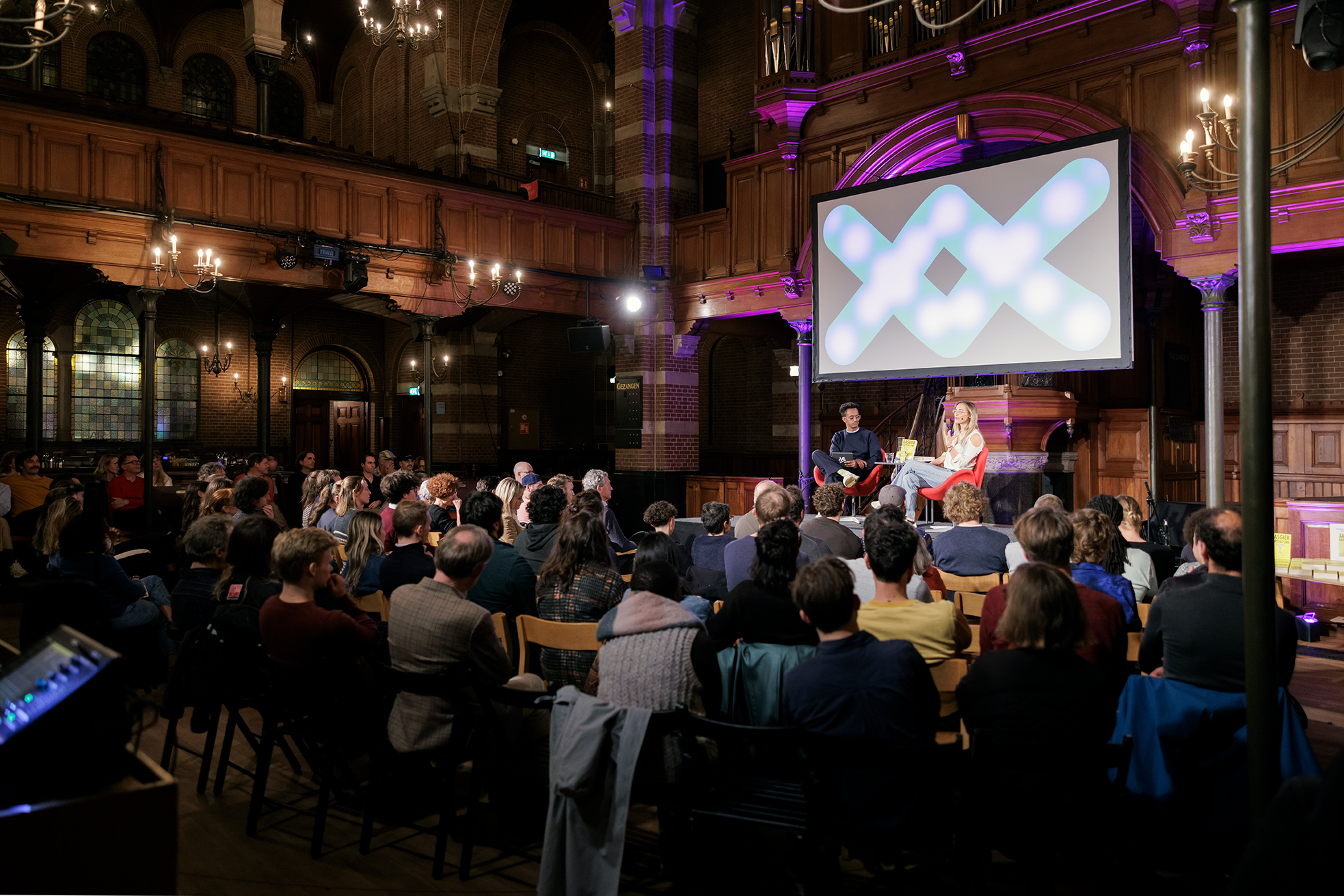
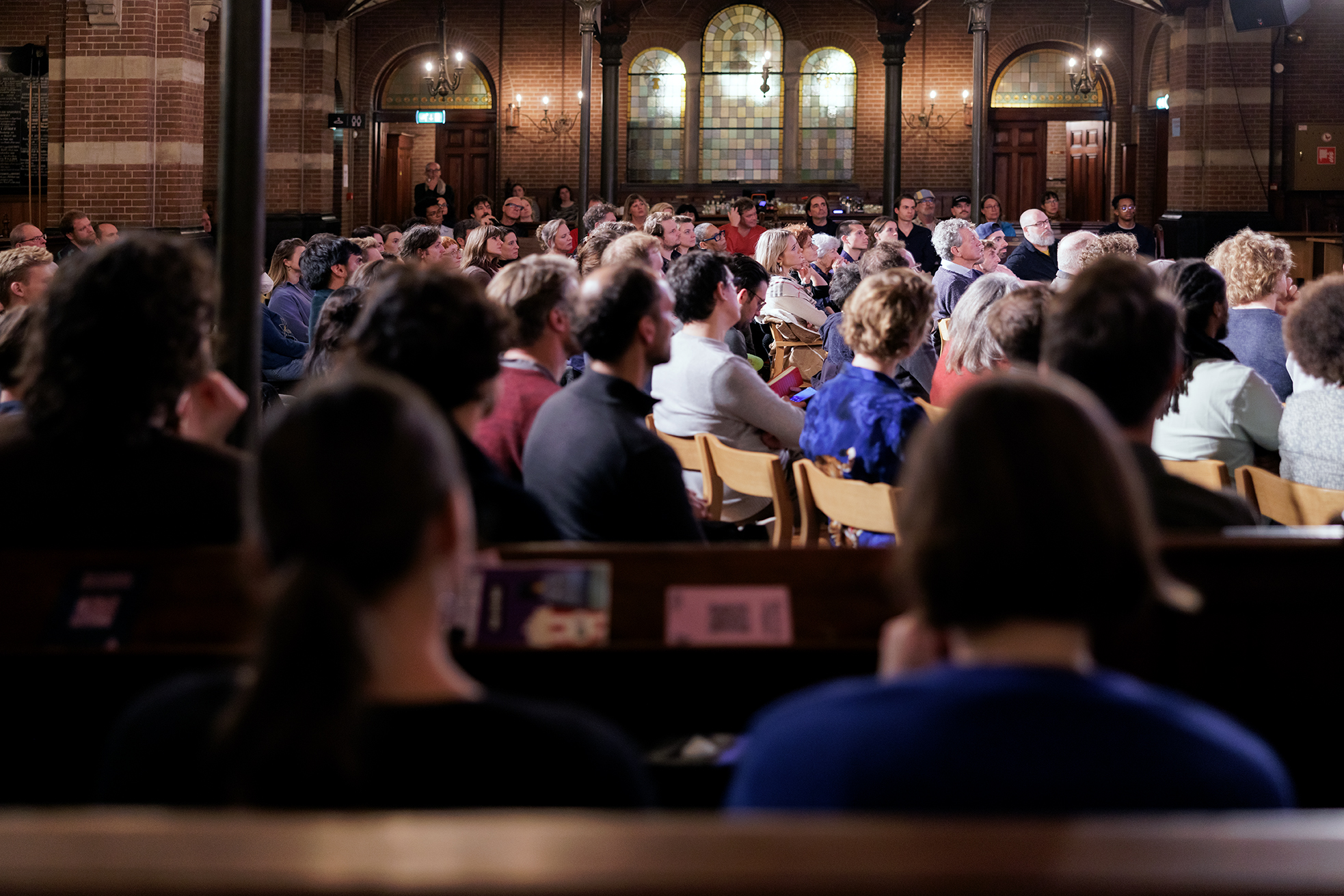

AAD HOOGENDOORN ︎
We are in an age of polycrisis, one that is characterised by a barrage of images of catastrophic environmental collapse, vast and mind-boggling wealth inequality, brutal and unrelenting genocidal campaigns and so much more. These images, projected to us through screens daily, have become the background noise to which we move through our daily lives. Stopping every now and then to consume, protest, or take a break on a sunny beach somewhere in search of a respite. When we think about this contemporary period we find ourselves in, critics often lay the blame squarely at the feet of modern capitalism.
But such critique often does not actively interrogate the idea of how our era has come to be defined by such catastrophic conditions. And though there isn’t such a thing as a single cause or solution to problems in an increasingly complex and interconnected world, a critical analysis of the methods and armature of modern capitalism demonstrates a harrowing realisation that this all par for the course, rather than the hijacking of an inherently benevolent system.
In her new book Vulture Capitalism: Corporate Crimes, Backdoor Bailouts and the Death of Freedom Blakeley takes on the world’s most powerful corporations by showing how the causes of our modern crises are the intended result of our capitalist system. It’s not broken, it’s working exactly as planned.
Part of an ongoing collaboration with Dutch platform DeDependance, we invited Grace Blakeley to speak about her book Vulture Capitalism: Corporate Crimes, Backdoor Bailouts and the Death of Freedom.
For this event, I curated and moderated the discussion in collaboration with DeDependance.
PRAISE FOR VULTURE CAPITALISM
For this event, I curated and moderated the discussion in collaboration with DeDependance.
PRAISE FOR VULTURE CAPITALISM
‘A galvanising takedown of neoliberalism’s “free market” logic, one rooted in as much history as it is in current events’ – NAOMI KLEIN
‘A must-read for anyone keen to put the demos back in democracy’
– YANIS VAROUFAKIS
‘Read this book if you want to make fundamental changes to the world’
– HA-JOON CHANG
‘A must-read for anyone keen to put the demos back in democracy’
– YANIS VAROUFAKIS
‘Read this book if you want to make fundamental changes to the world’
– HA-JOON CHANG
The Politics of Climate Action
![]()
![]()
![]()
![]()
![]()
![]()
![]()
![]()
![]()
![]()
![]()
![]()
![]()





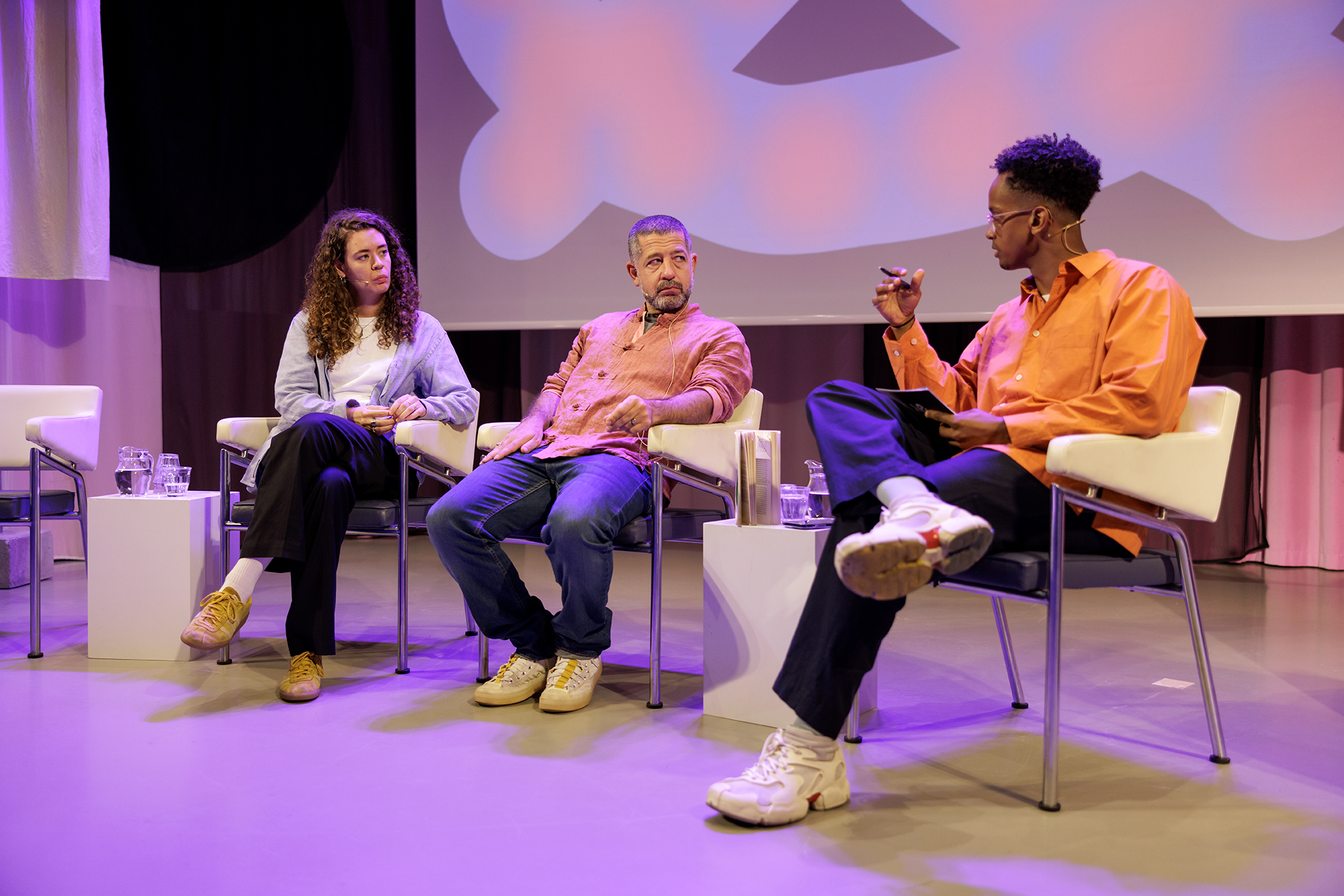


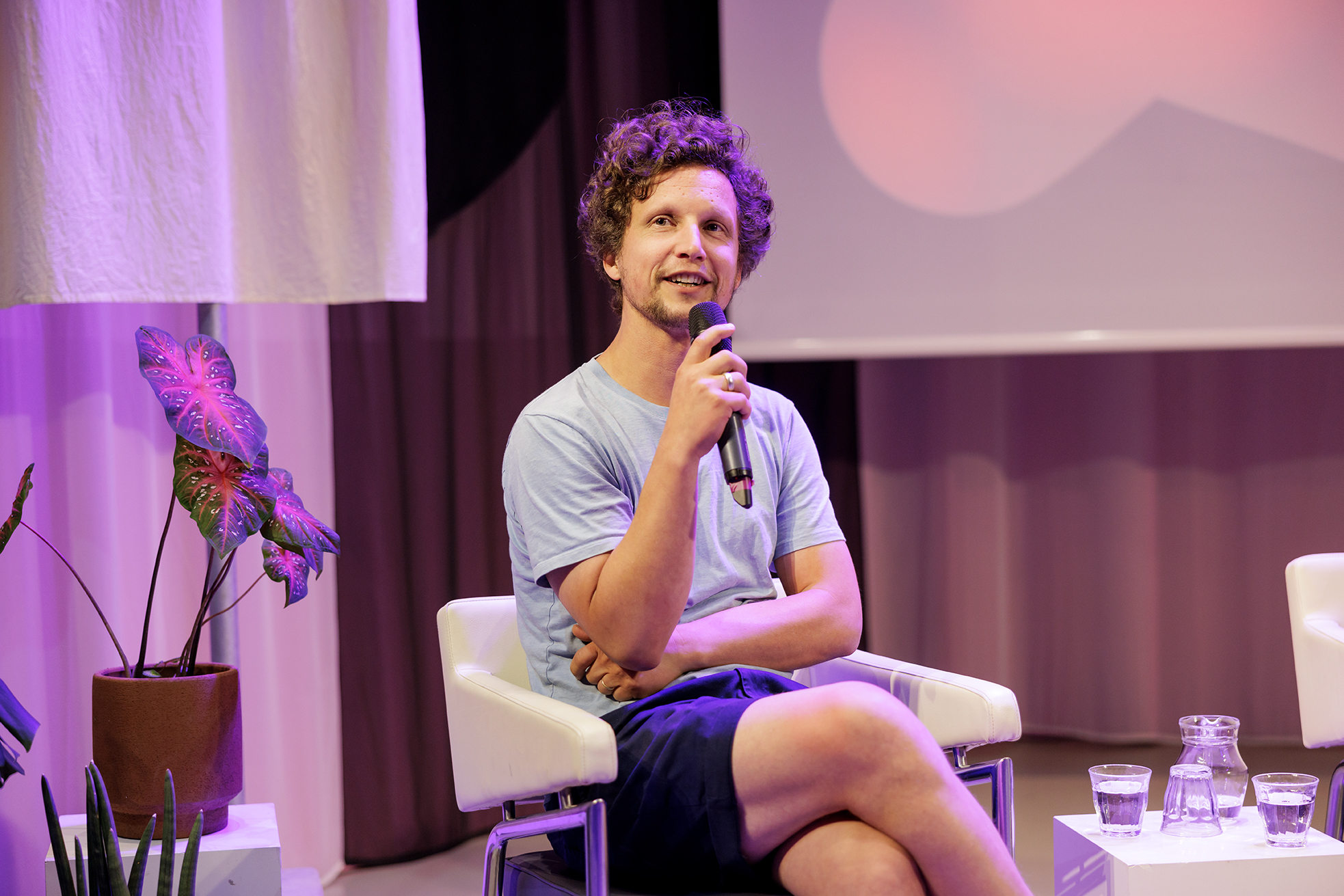




AAD HOOGENDOORN ︎
As the urgency of the climate crisis becomes more apparent, many have been advocating for policy alternatives to the business as usual approach. Using the ongoing planetary crisis as a moment for all out transformation, all over the world, variants of the Green New Deal have emerged – drawing together policy actions to combat the climate crisis in addition to tackling economic inequality.
Part of an ongoing collaboration with Dutch platform DeDependance, and for a special collaboration with International Architecture Biennale Rotterdam (IABR), we invited Max Ajl to speak about his book A People’s Green New Deal to discuss how various green transition movements can not only tell us about where we are, but what we need to do in order to bring about actionable policy change. Ajl diagnoses the roots of the current socio-ecological crisis as emerging from a world-system dominated by the logics of capitalism and imperialism. Resolving this crisis, he therefore argues, requires nothing less than infrastructural and agricultural transformation in the Global North, and the industrial convergence between North and South.
Max was joined by Rosemarie van Ham, who is currently working with for the municipality of Rotterdam and is the founder of Inclusive Climate Action Rotterdam (ICAR), with a mission to advocate climate justice and equality, and Ken de Cooman, co-founder of BC Architects, a hybrid practice that is designing and undertaking “acts of building” towards systemic change in the architecture and construction sector.
For this event, I curated and moderated the discussion in collaboration with DeDependance and IABR.
Max was joined by Rosemarie van Ham, who is currently working with for the municipality of Rotterdam and is the founder of Inclusive Climate Action Rotterdam (ICAR), with a mission to advocate climate justice and equality, and Ken de Cooman, co-founder of BC Architects, a hybrid practice that is designing and undertaking “acts of building” towards systemic change in the architecture and construction sector.
For this event, I curated and moderated the discussion in collaboration with DeDependance and IABR.
How Humanity Discovered its Own Extinction
![]()
![]()
![]()
![]()
![]()
![]()
![]()
![]()
![]()
![]()
![]()
![]()
![]()
![]()
![]()
![]()






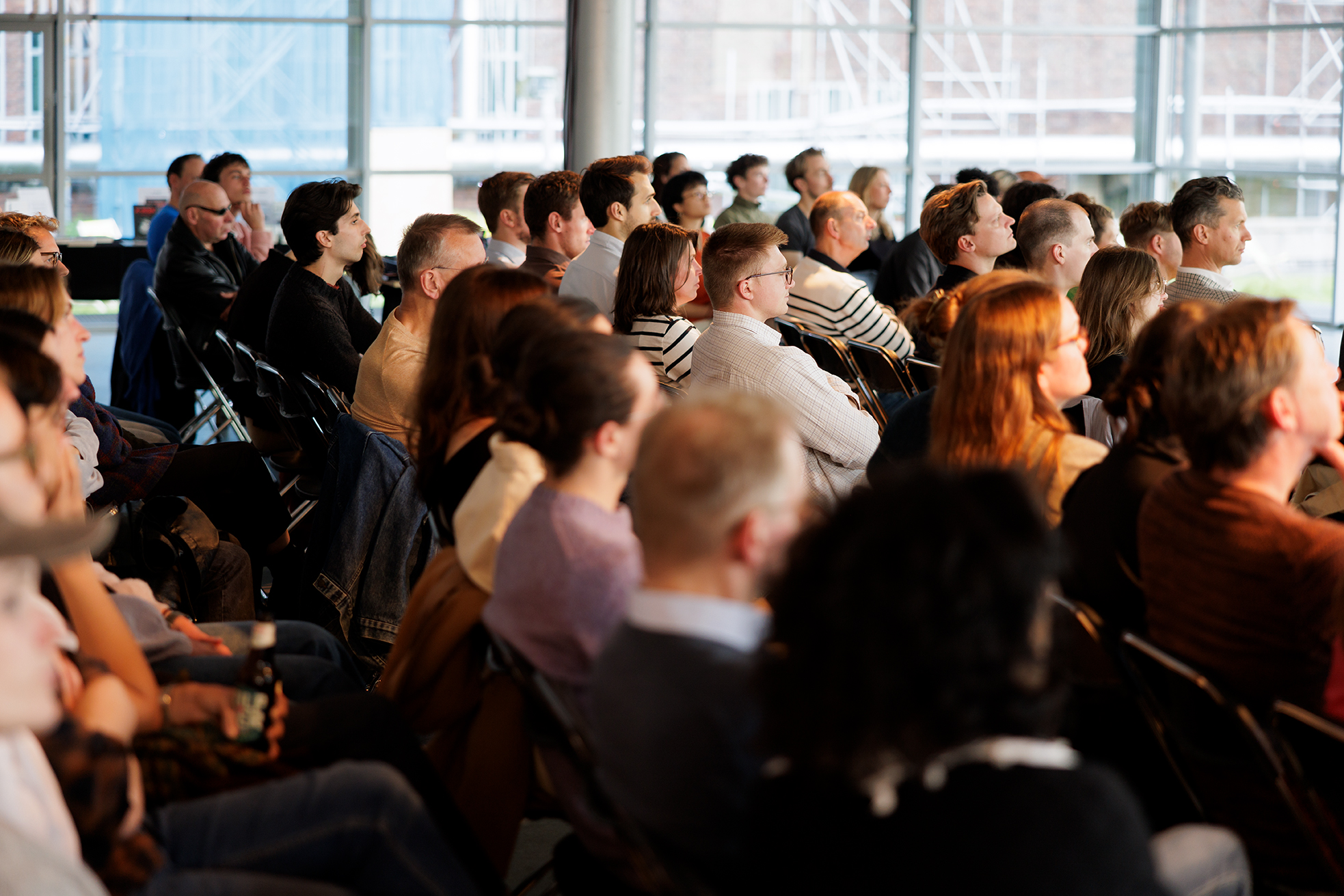


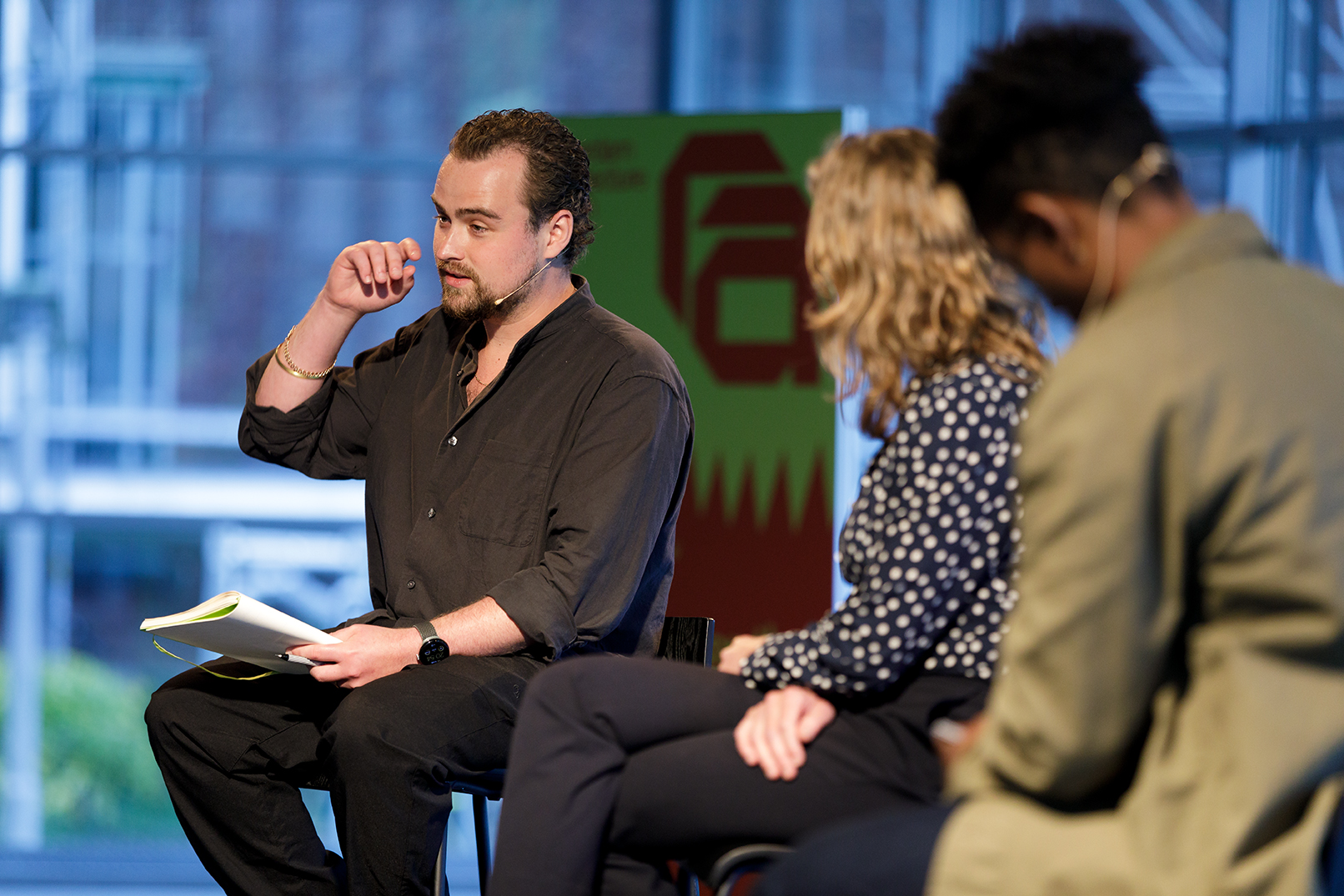



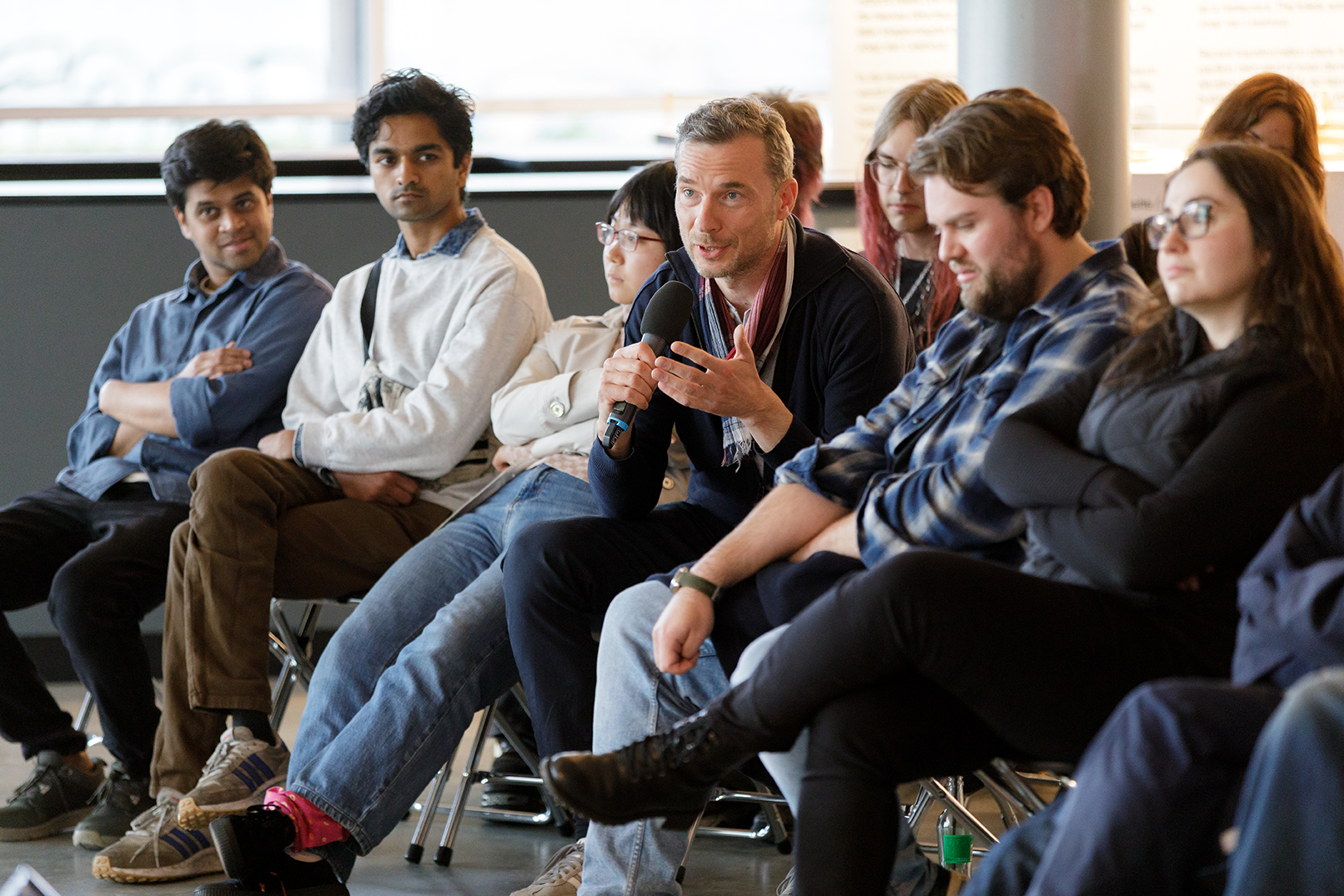
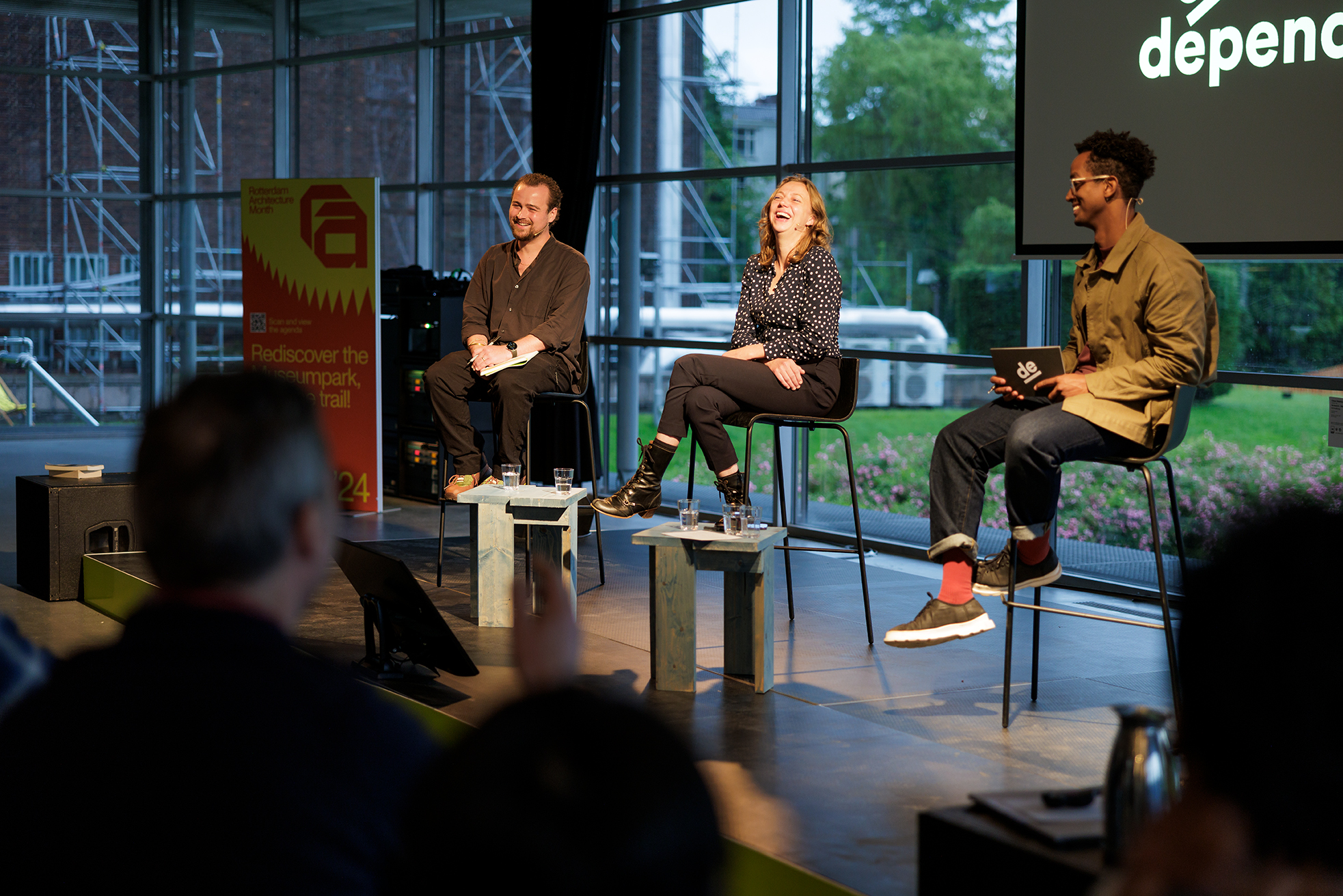
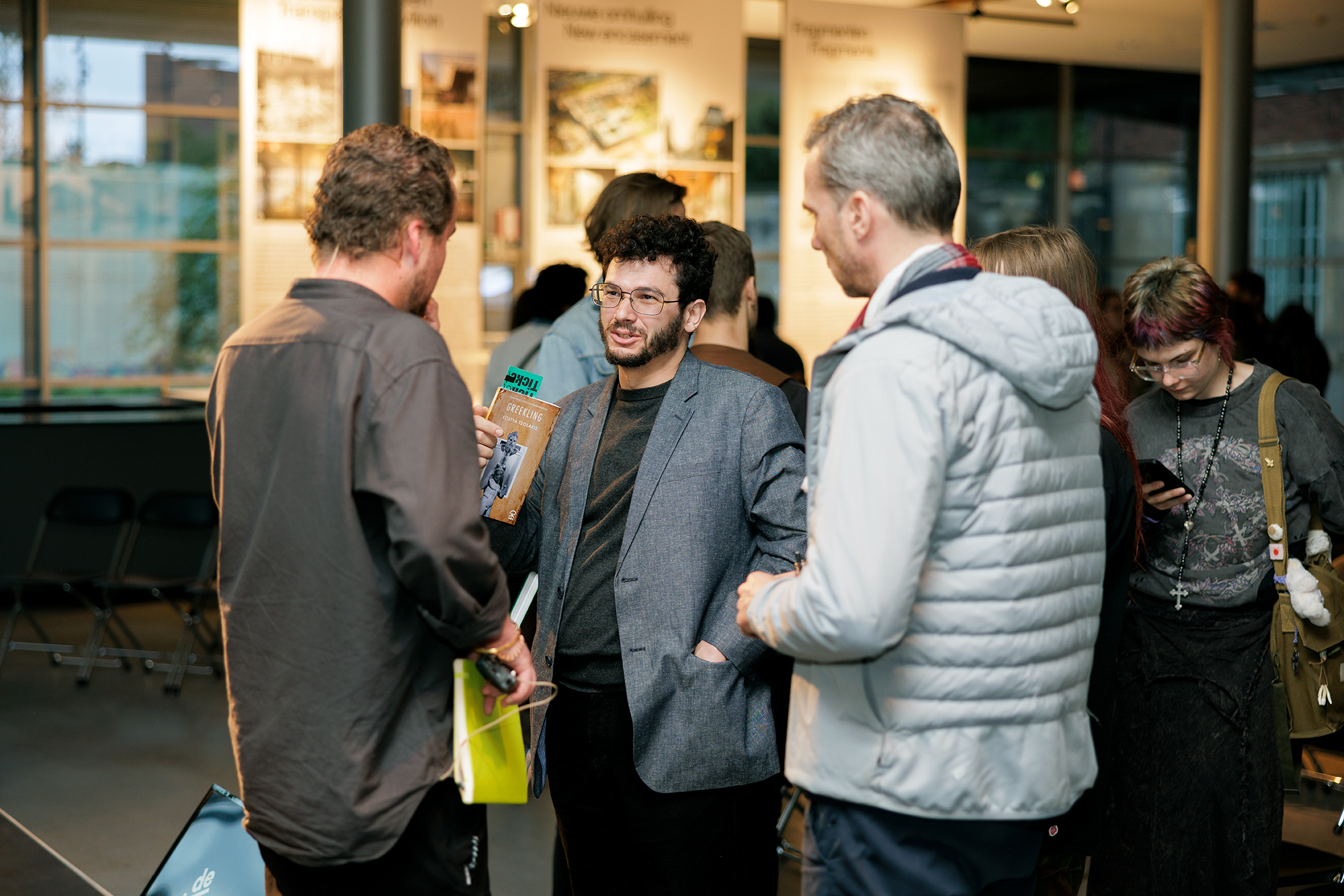
AAD HOOGENDOORN ︎
From forecasts of disastrous climate change to prophecies of evil AI superintelligences and the impending perils of genome editing, our species is increasingly concerned with the prospects of its own extinction. Less and less does the end of humanity’s future on this planet seem an area of lurid fantasy or remote speculation. But how did this come about? When did our obsession about the end start? And what does tracing back this history teach us about our current predicament?
Part of an ongoing collaboration with Dutch platform DeDependance, we invited Thomas Moynihan to speak about his book X-RISK: How Humanity Discovered Its Own Extinction alongside Dutch philosopher Lisa Doeland, author of Apocalypsofie.
This event was part of a collaboration with Architecture Institute Rotterdam (AIR) and was part of Rotterdam Architecture Month.
For this event, I curated and moderated the discussion in collaboration with DeDependance.
This event was part of a collaboration with Architecture Institute Rotterdam (AIR) and was part of Rotterdam Architecture Month.
For this event, I curated and moderated the discussion in collaboration with DeDependance.
The Rent Emergency
![]()
![]()
![]()
![]()
![]()
![]()
![]()
![]()
![]()
![]()
![]()

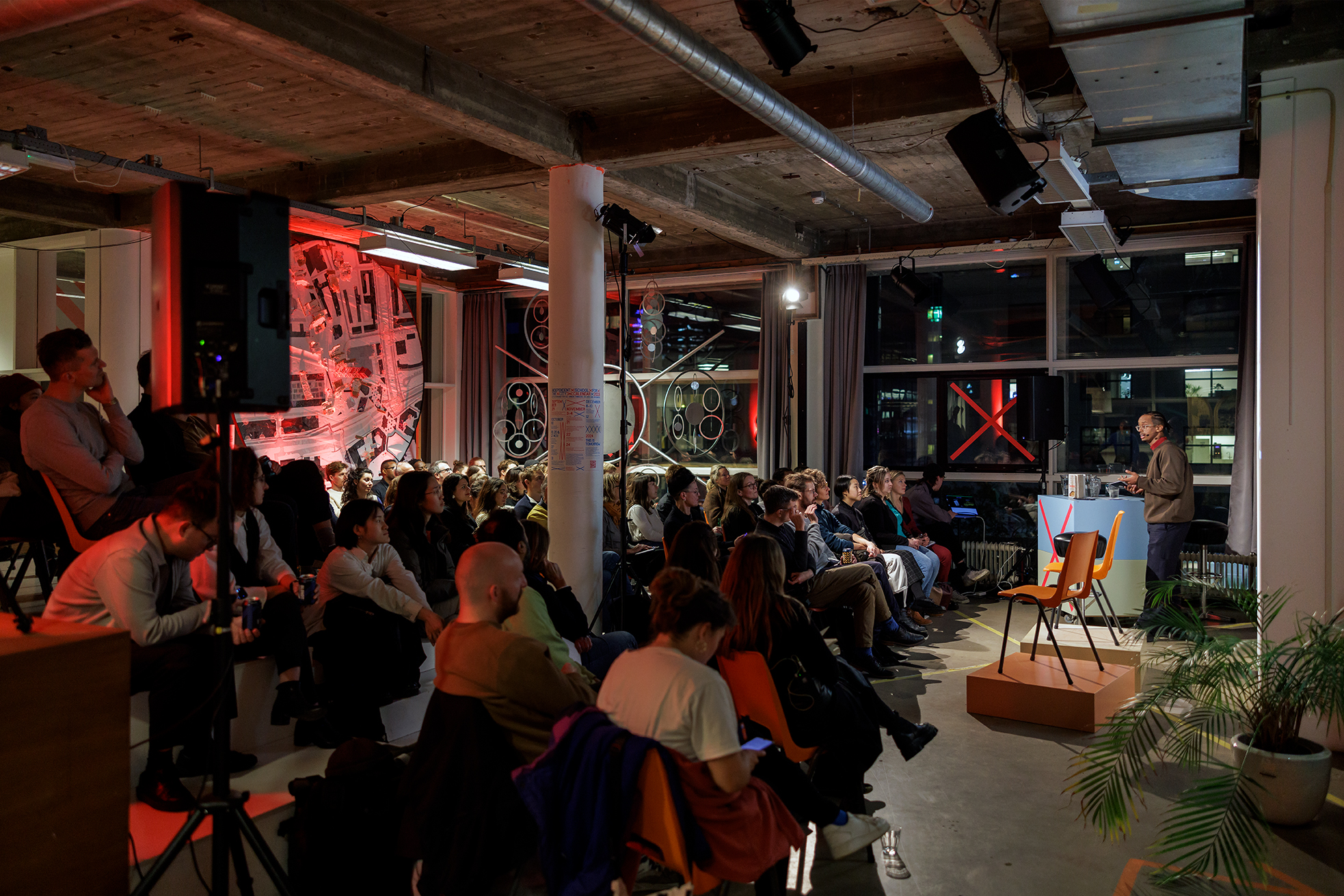
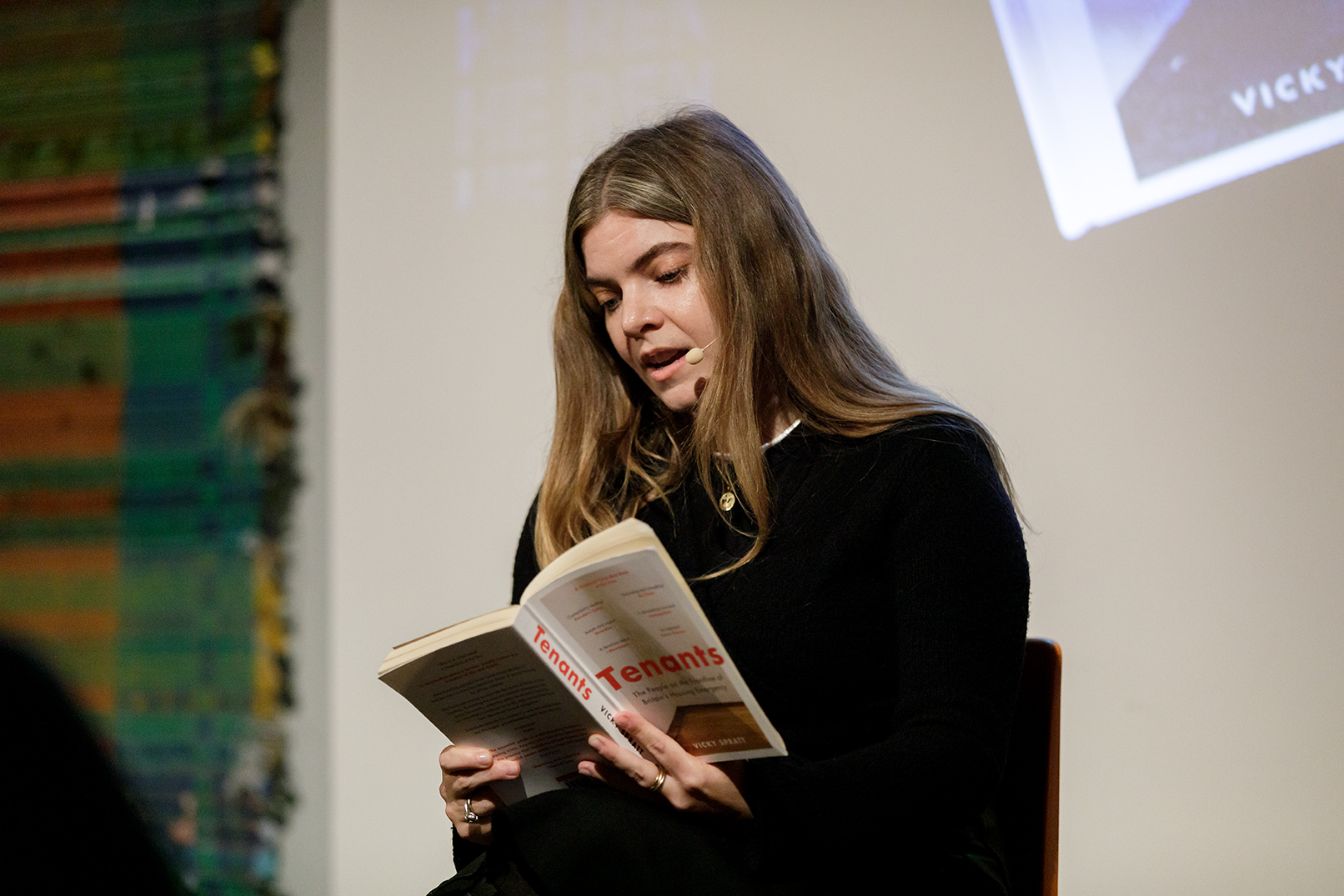

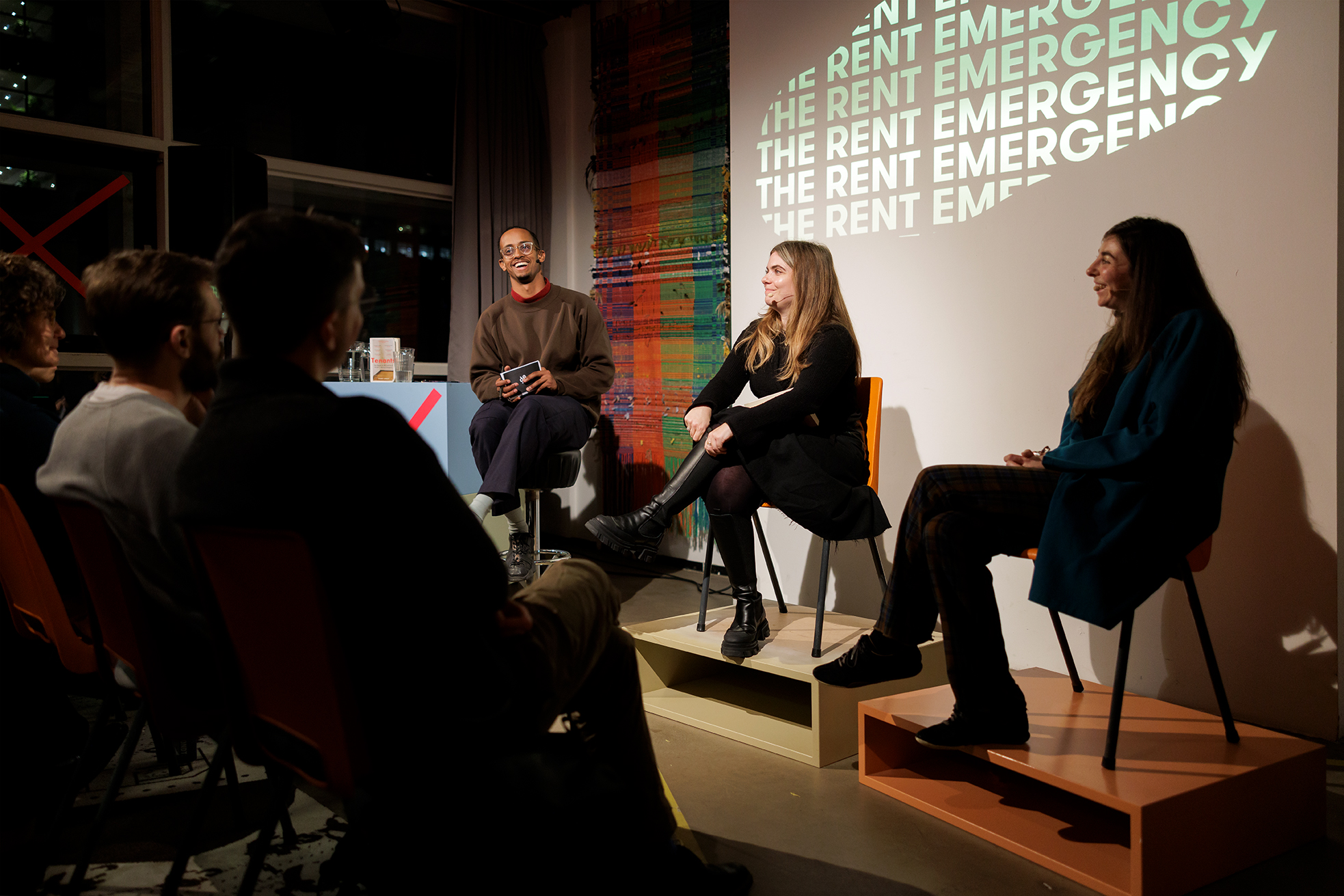

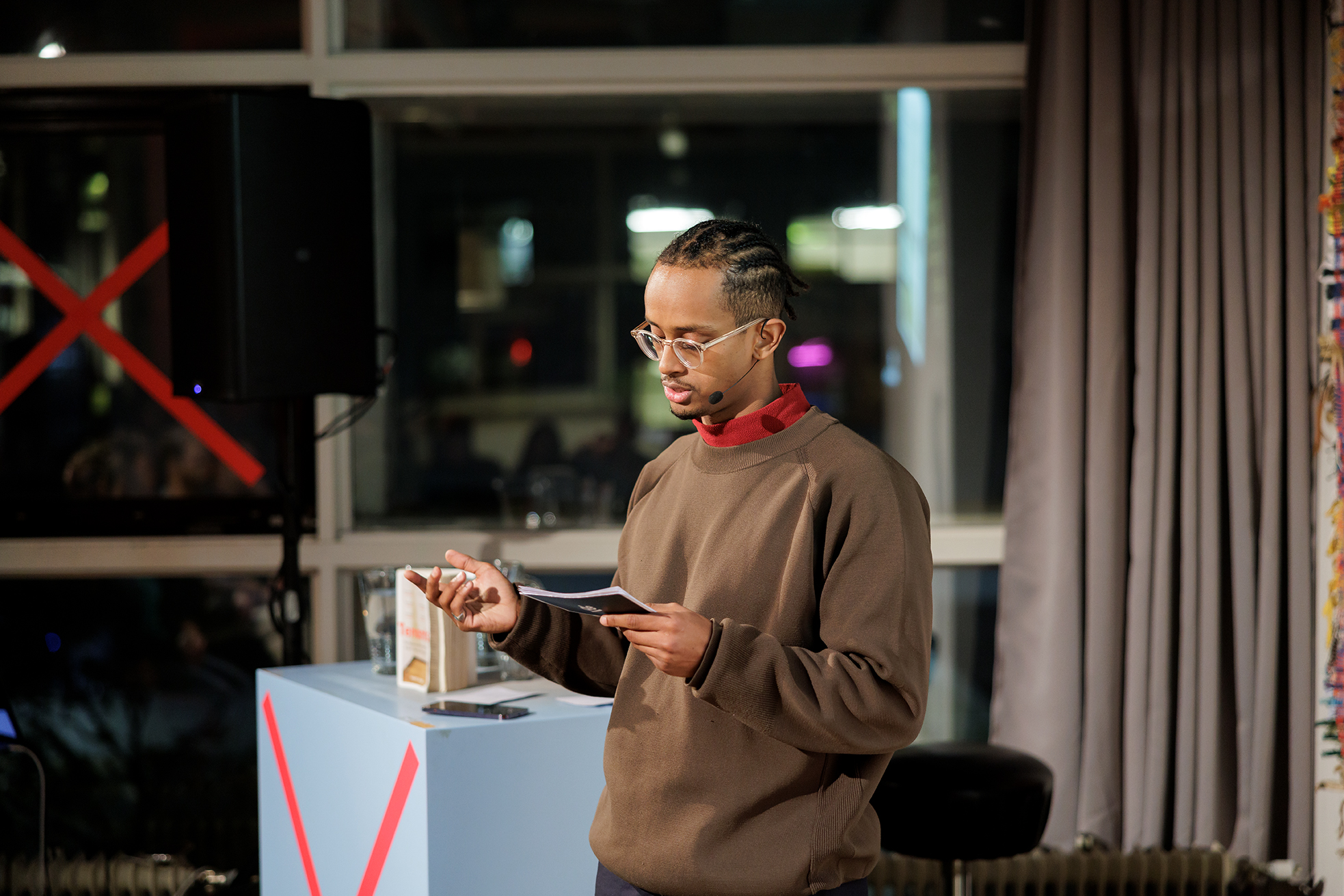
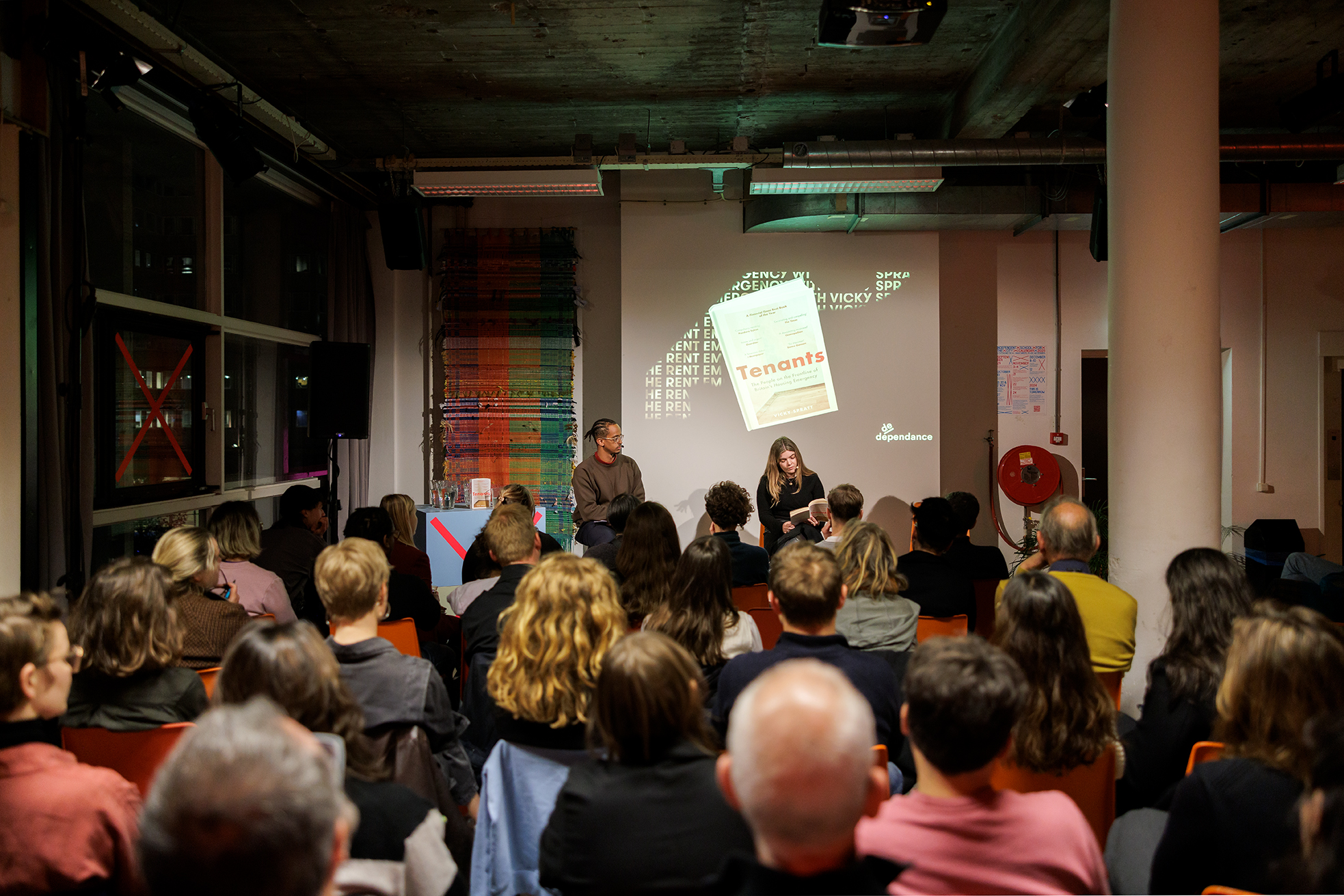



AAD HOOGENDOORN ︎
The past two decades have seen the gap between the poorest and wealthiest grow into a chasm. The stripping of social safety nets has paved the way for the stripping of public assets for profit. Nowhere has this been more evident than in Britain’s housing market. Today, the commodification and wholesale financialisation of housing has had a profound global impact on access to secure and truly affordable housing, an issue all too visible in the Netherlands as well.
Vicky Spratt traces decades of bad decisions to show how and why the British dream of home ownership has withered and the safety net of social housing has unravelled. She has spent years talking with those on the frontline all around the country, illuminating the ways this national emergency cuts across generations, class and education. Going onto to explore how the crisis is devastating our health, destroying communities and transforming the social, economic and political landscape beyond recognition. In her book, Tenants: The People on the Frontline of Britiain’s Housing Emergency, Vicky also shows that radical action is possible, and that there are real steps we can take to give everyone the chance at having a good home.
Part of an ongoing collaboration with Dutch platform DeDependance, we invited Vicky Spratt to speak about her book Tenants: The People on the frontline of Britain’s Housing Emergency alongside Dutch housing activist Melissa Koutouzis.
For this event, I curated and moderated the discussion in collaboration with DeDependance.
For this event, I curated and moderated the discussion in collaboration with DeDependance.